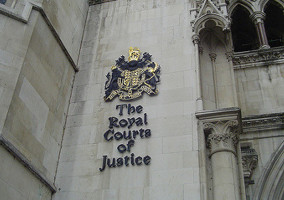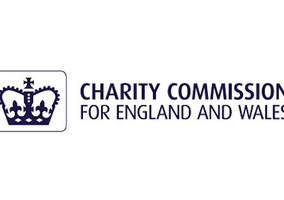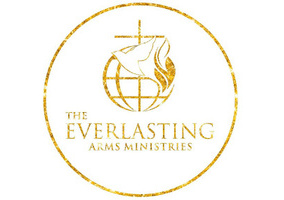Poor record keeping meant trustees at a Birmingham-based charity failed to account for around £100,000, according to to an inquiry by the regulator.
In September 2019, One Community Organisation reported a serious incident concerning burglaries at the charity’s office and a trustee’s home.
The Commission contacted the charity and found the details provided by the trustees “were not consistent” with the regulator’s records.
For example, the serious incident report mentioned an employee, however the charity’s reported income and expenditure did not suggest that there were enough funds to pay a salary.
The Commission sought to clarify the discrepancies, but says trustees’ responses “continued to contradict the information previously provided”.
Bank statements showed trustees had understated the charity’s income and expenditure for the financial years ending 31 December 2017 and 2018 by between £70,000 and £80,000 in each year.
Moreover, between January 2017 and August 2020, over £200,000 had been transferred from the charity’s bank account to a trustee’s private bank account.
As trustees were not able to satisfy the Commission that the charity had adequate financial controls, it opened the inquiry in December 2020.
Findings: £100,000 may not have been spent solely in furtherance of the charity’s objects
The inquiry confirmed that between January 2017 and January 2021, more than £280,000 of the charity’s funds was transferred to the chair’s personal bank account.
The trustees were not able to provide supporting documentation for around £100,000 during this period.
Trustees explained this would have been expenditure for sundry expenses, for which receipts could not be found or were not kept.
In the absence of any supporting documentation, the inquiry could not conclude whether the £100,000 was spent solely in furtherance of the charity’s objects.
The inquiry found that the trustees had agreed that the chair of trustees would make payments on behalf of the charity using his own bank account because the charity didn’t have its own bank card. However, the chair would reimburse himself without the supervision of another trustee.
The statutory inquiry found the trustees “lacked a basic understanding” of the charity’s governing document and their duties.
This meant the charity operated outside the geographical area stated on its governing document, did not identify or manage conflicts of interest and made decisions without the required number of trustees.
Also on 16 December 2020, the inquiry sent the trustees an order to restrict payments from the charity’s bank account, meaning the Commission’s permission was required before any payments were made.
However, the inquiry found that between December 2020 and January 2021, six payments totalling £1,100 were made to the chair from the charity’s bank account, without this permission.
‘This is unacceptable’
Amy Spiller, head of investigations at the Commission, said: “The trustees’ failures in this case resulted in significant amounts of charity money being unaccounted for. This is unacceptable and amounts to misconduct and/or mismanagement.
“I hope that the Commission’s intervention in this case means the charity is now able to deliver on its charitable purposes and improve the lives of the people it was set up to support.”
The regulator issued the trustees with an action plan, which it said the trustees have since implemented. This has included the appointment a professional accountant to assist them in preparing future accounts.
One Community Organisation did not respond to Civil Society News following a request for comment.
Related Articles












